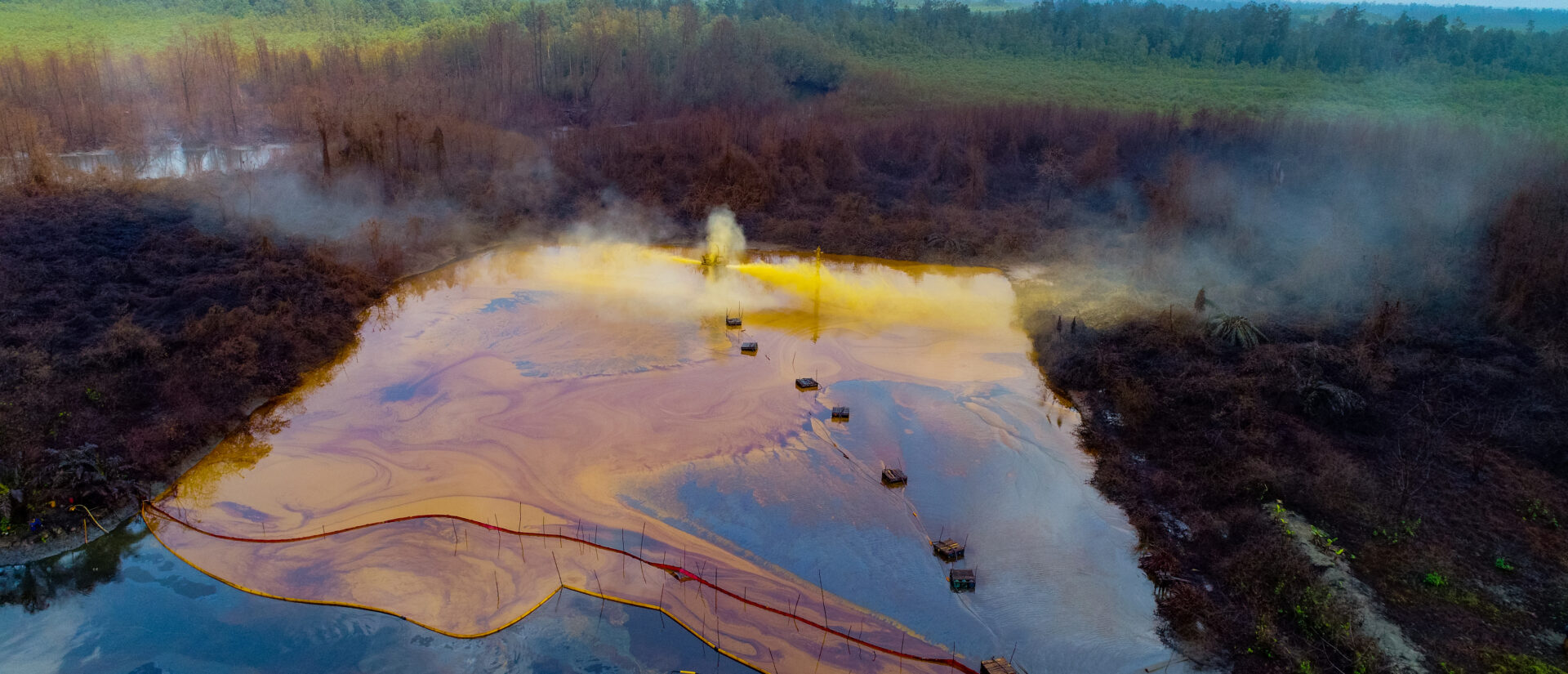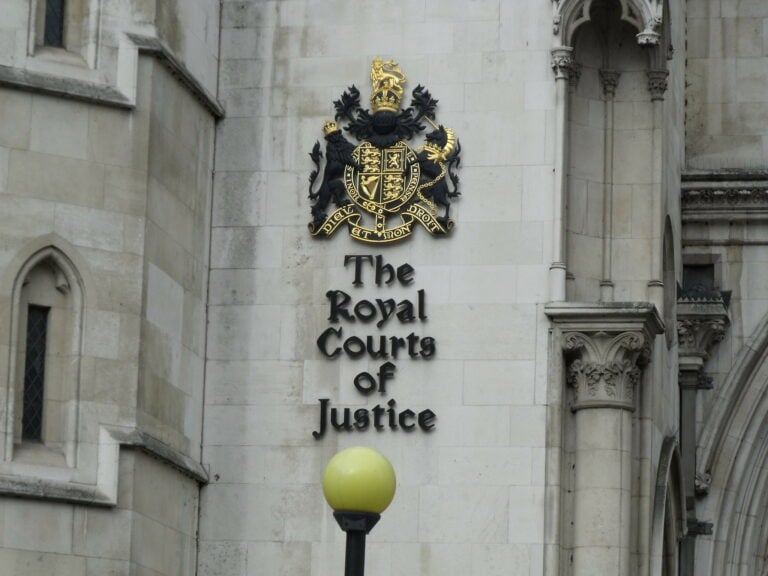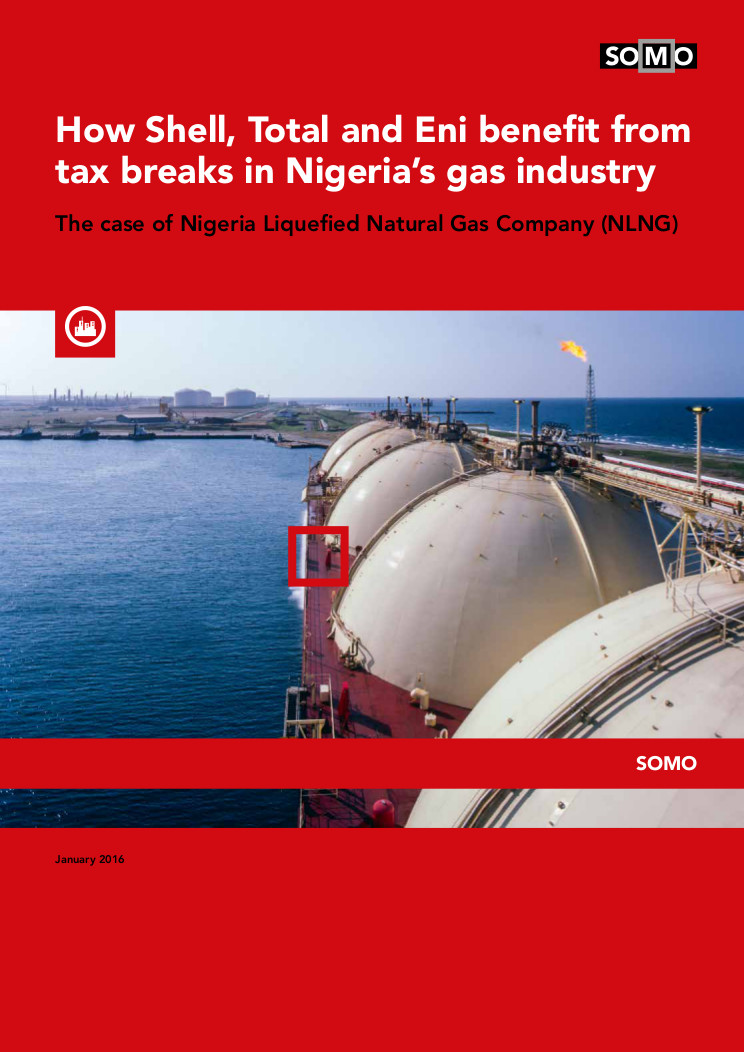
The unclean getaway: how international oil is exiting the Niger Delta
Across the world, oil companies are divesting from – and investing in – oil projects. This seemingly incoherent position makes perfect business sense if your calculus is based on profit and shareholder value. Within this framing, extracting or divesting has little or nothing to do with the climate impacts of those decisions. Oil remains highly profitable, and oil companies follow the (investors’) money. Global misery is not a cost the oil companies or their shareholders have to pay, so obviously, it is not a factor in their calculations.
If oil remains profitable, why are they divesting in some countries? Again, follow the money. Look at what is being divested: old, high-risk oil assets or those likely to become uneconomic in the not-too-distant future (the so-called ‘stranded assets’). A critical feature of potentially stranded assets is not who owns them now – but who can be persuaded to buy them now because that’s who will be holding the bill for decommissioning when the music stops.
Big Oil washing its hands of the Niger Delta
Divestment and decommissioning in the oil sector are major issues for a just transition, but they get little attention on the international agenda. When an oil project reaches the end of its lifetime, proper abandonment and decommissioning are essential. Without this, the pipelines and wellheads will simply rot, leak and pose serious risks to the environment and anyone dependent on it.
The Niger Delta, arguably the most oil-polluted region in the world, is at the frontline of the global divestment and decommissioning challenge. The region is a wetland area that is covered by thousands of kilometres of pipelines, wellheads and manifolds, and much is above ground. It is also home to millions of people who live beside and between this infrastructure, surrounded by the oil industry. Thousands of oil spills happen annually. Pollution emanating from carelessly abandoned infrastructure has been well documented.
All of the international oil companies (IOCs) are exiting the Niger Delta(opens in new window) , selling to domestic oil companies. And as they sell their assets, they are also selling the responsibility to pay for proper abandonment and decommissioning. In the Niger Delta, effective decommissioning is vital to avoid an intergenerational environmental crisis. The sheer quantity of oil infrastructure is enormous, and much of it is either old, poorly protected from tampering, or both.
Shell’s dirty legacy in Nigeria
Shell is the IOC with the largest footprint in the Niger Delta. It has already sold a dozen onshore oil blocs and is likely to sell its total onshore stake in Nigeria’s oil industry in the coming years. There is no known fund to pay for decommissioning the decades-old oil infrastructure Shell and others leave behind. No law in Nigeria requires oil companies to maintain such a fund until 2021. Shell’s divestments to date – and likely all its divestments – do not fall under the new regime. Instead, the new owners – domestic companies, many set up just to buy the oil leases from Shell, will have to pay for decommissioning. And they do not appear to have the financial resources to do so.
So who will pay? The people of the Niger Delta, almost certainly. It is unlikely that the government of Nigeria will pay the bill. There is no one else. Either the IOCs pay, or the people pay. The history of oil extraction in the Niger Delta shows that it’s the people who end up paying over and over. It is a cycle of injustice that must be broken.
The decommissioning bill and the risks of failing to decommission properly are not the only legacy of the IOCs in Nigeria. Vast pollution remains across the Delta as they exit. Unhindered by captured or weak regulatory systems, oil spills are near daily occurrences, and cleanup is poorly done, if at all.
There is palpable anger in the Niger Delta amongst communities who have grown up in the shadow of Shell and other oil companies. They see the IOCs leave and know they are getting away clean while failing to clean up or pay for the damage they have done. No one will stop them. The whole divestment process lacks transparency, and communities sometimes only find out after the deals are done. Neither regulators nor the companies take any meaningful steps to keep them informed, let alone consult them.
National principles on responsible divestment
Responding to this dire situation, civil society groups in the Niger Delta have agreed on a set of principles for responsible divestment. The ‘National Principles for Responsible Petroleum Industry Divestment’ calls for robust action by the government to prevent the IOCs from leaving behind substantial social, economic and environmental costs. The Principles were launched in Port Harcourt on 6 December 2023, along with a report by Professor Richard Steiner, an oil industry expert who carried out a fact-finding mission on divestment in Nigeria earlier in the year, supported by SOMO. Professor Steiner’s report, Just Transition: Reforming Oil Industry Divestment, Decommissioning & Abandonment in the Niger Delta(opens in new window) , is based on visits to multiple communities and dialogue with government agencies and industry experts.
The report and the Principles bring focus to an issue that requires far more attention in the context of a just energy transition. There can be no justice in the transition if companies like Shell can walk away from decades of highly lucrative oil production, leaving nothing but devastating pollution and a massive unpaid bill for decommissioning.
-
National Principles for Responsible Petroleum Industry Divestment (pdf, 290.47 KB)
Do you need more information?
-

Audrey Gaughran
Executive Director
Related news
-
 Nigerian communities can bring landmark human rights claims against Shell, High Court rulesPosted in category:News
Nigerian communities can bring landmark human rights claims against Shell, High Court rulesPosted in category:News Audrey GaughranPublished on:
Audrey GaughranPublished on: -
New UK legal case on Niger Delta oil spills – a litmus test for justice in the energy transitionPosted in category:Opinion
 Audrey GaughranPublished on:
Audrey GaughranPublished on: Audrey Gaughran
Audrey Gaughran -
 Mark van DorpPosted in category:Publication
Mark van DorpPosted in category:Publication Mark van Dorp
Mark van Dorp

